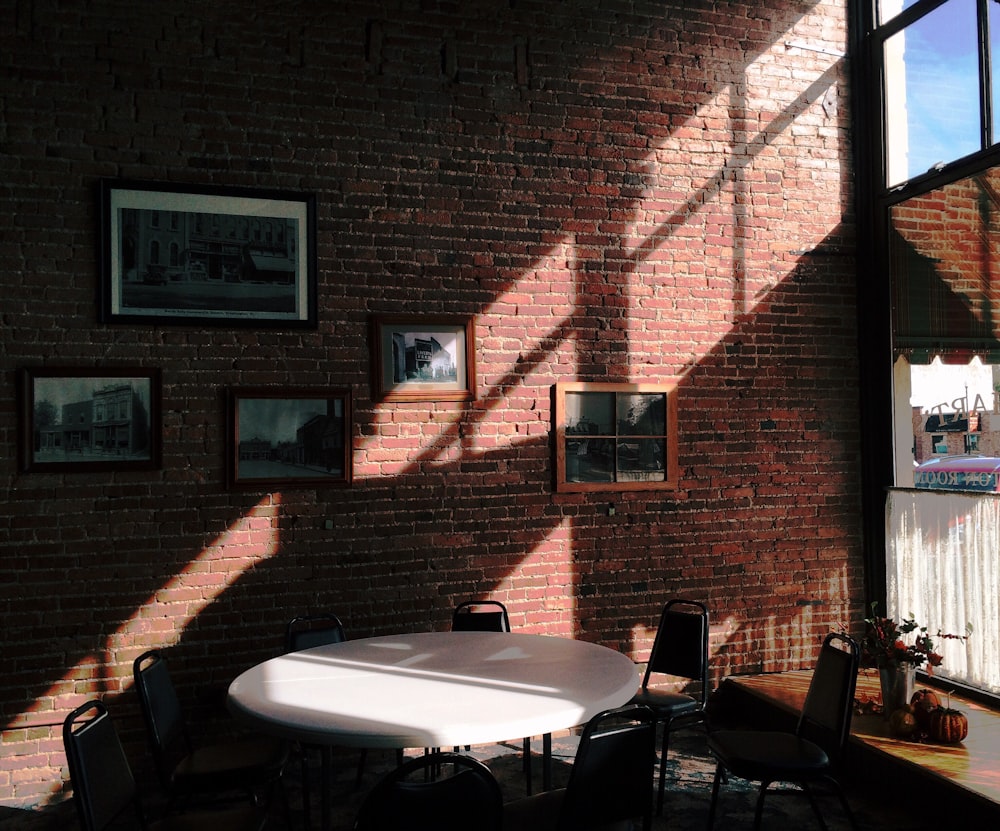Lessons Learned About

When you make the wise decision to employ a professional house watch service, part of your due diligence includes interviewing each one. The choice to sell an emotionally and financially valued asset necessitates extensive investigation. As you interview each possible service, inquire about their instruments. Tools are a reflection of their professionalism and dedication to the business.
“Who needs equipment to keep an eye on a house?” you could question. Let’s look at this question deeper and see whether you reach the same conclusion.
You make various assumptions about the house’s systems while you live there. Many of these are based on staying there for months and being in the place for extended periods. If you’re feeling chilly or hot, you go to the thermostat and adjust it. If it fails, you contact an air conditioning provider. You should not be concerned if the freezer looks to be chilly. You get a repairer when it isn’t cold. If you glance up one day and notice a spot on the ceiling, you presume a leak and call a roofer or crawl about in the attic looking for a leak.
On the other hand, a home watch service is usually just at the house for an hour or less. Whether you pay for weekly, bi-weekly, or monthly inspections, they must make judgments in this limited time frame. They should be proactive in monitoring the home’s systems, comparing the outcomes to past data, and remedial action. What enables them to do so? The importance of high-quality tools cannot be overstated.
Your service person should carry an instantaneous digital temperature sensor with high accuracy, a humidity sensor with plus or minus 2% accuracy, specialized lighting for quickly identifying flaws in the ceiling, tools to find toilet leaks, a camera to record problems, a moisture meter, and other similar equipment. The best will even have unique smoke to test the fire alarms, specialist equipment to test the microwave, a pool leak detection system, and maybe an infrared camera to detect issues. The list of tools isn’t nearly as crucial as realizing that they’re a necessary aspect of property monitoring.
On each visit, the service should inspect and record items such as the temperature of the refrigerator and freezer, the temperature at the vents for air conditioners and heaters, examining every corner of the ceilings, closets, and floors for leaks with a high-powered light, recording the inside temperature and humidity, and other similar tasks. Although it is brief compared to living in the property, this is their only chance to uncover problems before they become significant. A simple walk-through, looking for items, is useless unless professional quality equipment is used and the information is documented.
When interviewing a professional to keep an eye on your property, inquire about their instruments. Send them on their way if their reaction is astonishment, and they pull out an old set of pliers. Allow someone else to deal with the difficulties due to this ill-prepared service.



